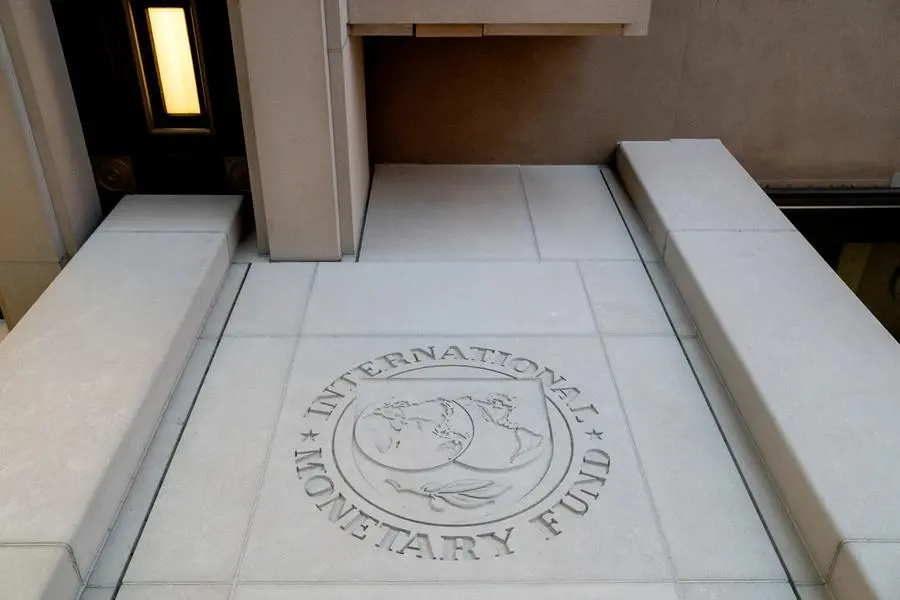PHOTO
South Sudan risks further delays in accessing International Monetary Fund (IMF) financing after failing to meet key reform benchmarks due to the ongoing war in neighbouring Sudan.
Initially targeting November 15 for compliance, Juba has missed multiple deadlines under its Staff-Monitored Programme with Board Involvement (PMB), dimming its chances of consideration for a loan by the IMF.
Despite meeting some conditions under the PMB – such as avoiding non-concessional debt and maintaining a $100 million minimum reserve balance – South Sudan fell short in critical areas.
Unmet requirements include clearing all pending salary payments to government workers, raising social spending, maintaining a non-oil minimum primary deficit, central government debt, and reserve money growth.“Most directors indicated that further and sustained efforts by the authorities would be needed to establish a sufficiently strong track record for any consideration of a possible Upper Credit Tranche arrangement,” IMF said after the third and final review of Juba’s performance under the special programme, which commenced in February last year.
The shortfalls have stalled South Sudan’s bid for an Extended Credit Facility (ECF), which it hoped would alleviate its balance-of-payment challenges caused by rising inflation, a depreciating currency, and dwindling oil revenues — a direct result of Sudan's war disrupting key oil pipelines and exports.
Countries apply for Staff-Monitored Programmes (SMP) or Staff-Monitored Programmes with Board Involvement (PMB) when seeking a loan from the IMF. It is meant to establish a track record of policy implementation before getting an IMF loan, which always comes with a set of policy requirements.
Having failed to meet the targets after the third deadline extension, the IMF has opted not to further extend the deadline, sealing South Sudan’s hopes of obtaining a loan from the lender anytime soon.
The lender, however, noted that some of its 24 directors, “saw scope for a successor SMP/PMB,” meaning that South Sudan could be considered for a similar programme as it seeks IMF loans.
Read: S.
Sudan limits cash withdrawals to encourage electronic transactionsThe IMF noted that Juba’s progress under the required policies was significantly hampered by the spillover effects of the war in Sudan, which is proving to be highly consequential for South Sudan’s economy.“Spillovers from the war in Sudan have worsened South Sudan’s macroeconomic situation and exacerbated an already difficult humanitarian situation,” IMF noted in its latest review of South Sudan.
The war resulted in the destruction of the pipeline that transports 70 percent of South Sudan’s oil, causing a decline in oil exports and subsequently leading to a drop in forex inflows, depreciation of the local currency, drop in government revenues, accumulation of unpaid salaries, and skyrocketing inflation.
To get back on track for a possible loan from the IMF, South Sudan will need to boost its collection of non-oil revenue, increase social spending, and continue “prudent borrowing” by avoiding non-concessional debt.
IMF has also recommended flexibility in the management of the exchange rate, and strengthening of governance and the fight against corruption, while boosting safeguards in the management of public finances.
© Copyright 2022 Nation Media Group. All Rights Reserved. Provided by SyndiGate Media Inc. (Syndigate.info).





















